HI 7000
Patient Care Technician
100% Online Certification Training
This program equips you to work hands-on with patients across diverse healthcare environments.

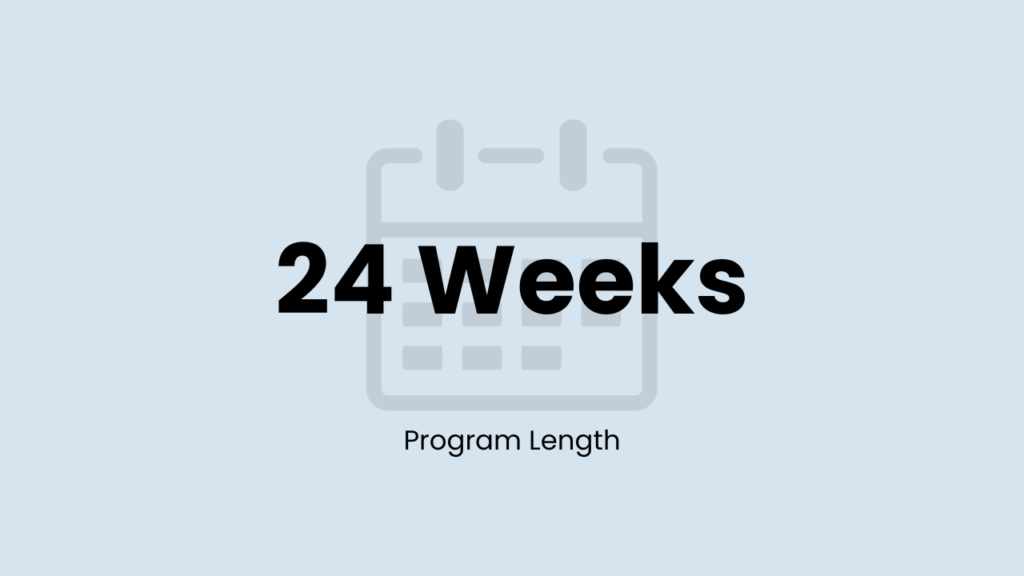
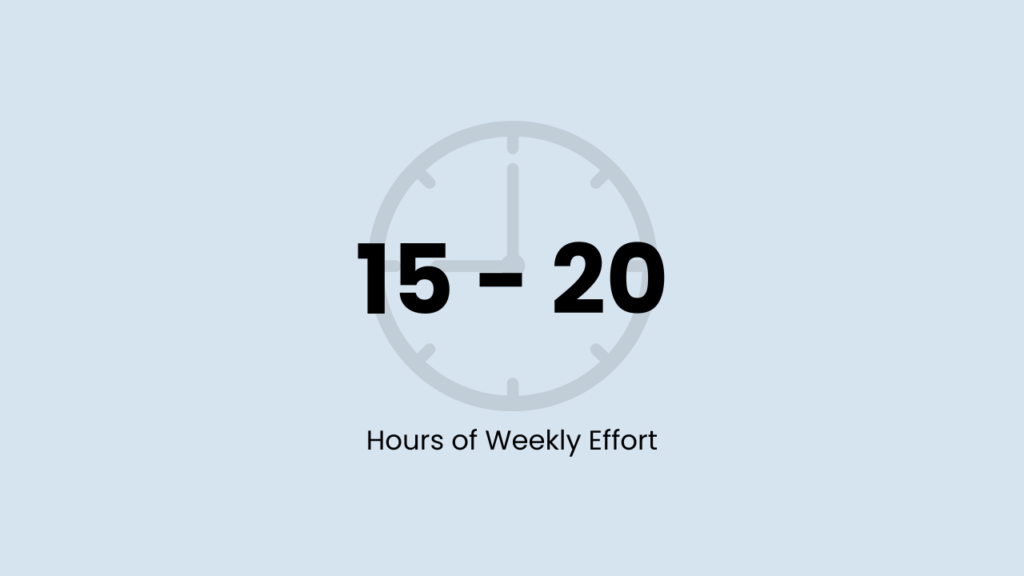
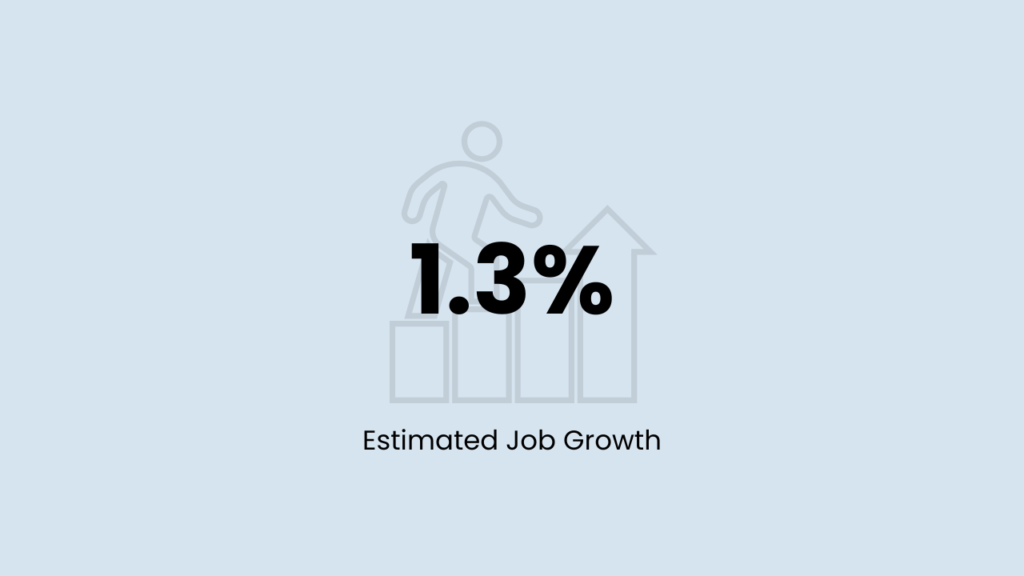
Certifications earned
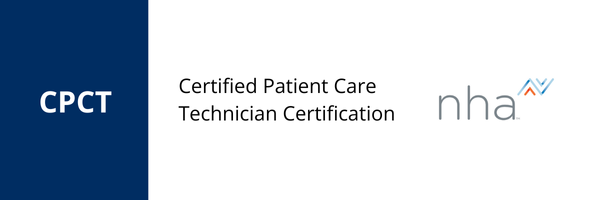
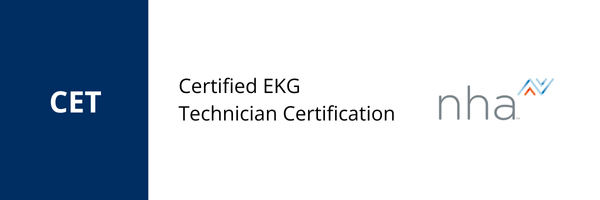
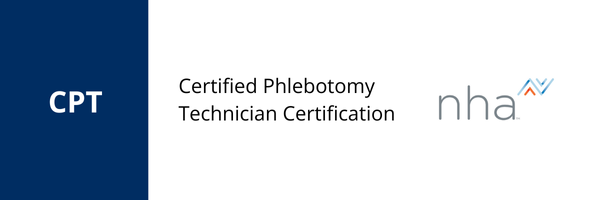
What Does a Patient Care Technician Do?
Patient care goes beyond treating disease and injury—it also involves preventing illness, restoring wellness through rehabilitation, caring for individuals with chronic conditions, and educating patients and their families. Doctors, nurses, and other healthcare professionals depend on Patient Care Technicians to provide essential daily care, which may include tasks such as bathing and feeding patients, performing EKGs, drawing blood, or assisting physicians during procedures.
- Learn the duties involved in basic patient care, including bathing, feeding, catheter care, and more.
- Conduct safety inspections and maintain cleanliness in patient rooms.
- Understand the significance of specialized care, specific patient concerns, and various healthcare settings.
- Learn to interpret EKG readings and monitor vital signs.
- Carry out phlebotomy procedures, conduct lab and blood glucose tests, and monitor exercise, nutrition, and diet.
- Exhibit knowledge of the soft skills required for success as an allied healthcare professional.
What You’ll Learn – HI 7000 Patient Care Technician
Throughout the Patient Care Technician certificate program, you will learn—within a virtual environment—how to support physicians and nurses by performing both basic and advanced clinical duties. The curriculum covers anatomy and physiology, medical law and ethics, medical communications, medical records, patient preparation, medical terminology, safety and compliance, and basic laboratory procedures and tests, all organized into five courses over a 24-week period.
You’ll gain a diverse set of core clinical skills designed to give you a competitive edge in the job market. Upon completion, you’ll meet the training requirements to take the Certified Patient Care Technician (CPCT) exam offered by the National Healthcareer Association (NHA).
As a certified Patient Care Technician, you’ll work alongside healthcare professionals in hospitals, physicians’ offices, nursing homes, and long-term care facilities, providing hands-on assistance to meet patients’ essential needs.
Graduates are strongly encouraged to pursue supervised practice of the phlebotomy and EKG procedures necessary for certification. These additional requirements, completed after employment in the field, are prerequisites for obtaining the Certified EKG Technician (CET) or Certified Phlebotomy Technician (CPT) credentials. While we can help connect you with clinical sites, placement is not guaranteed.
This Program Has Additional On Site Clinical Requirements
Program Courses
| Code | Course | Duration |
|---|---|---|
| PS 1011 | Professionalism in Allied Health | 2 Weeks |
| HI 1014 | Introduction to Human Anatomy and Medical Terminology | 6 Weeks |
| HI 6011 | Phlebotomy | 4 Weeks |
| HI 6012 | Electrocardiography | 4 Weeks |
| HI 7011 | Fundamentals of Patient Care | 8 Weeks |
| Total Program Duration | 24 Weeks |
Enrollment Requirements
- High School Diploma or GED
- Web browser with internet connection
- Course registration & payment
Amara Covered Materials
- Expert-led video based training
- eBooks: Phlebotomy Worktext and Procedures Manual, Electrocardiography for the Healthcare Professional, and Fundamental Concepts and Skills for the Patient Care Technician
- Competency assessments
- National Certification exam fee
*The cost of all materials needed for this program are covered by Amara. They are not included in the tuition costs and are provided at no additional cost to students. However, students have access to these materials for a limited time frame aligned with their program. Access to these materials outside of this period is not guaranteed, and students may be responsible for costs associated with any extended access.
Student Services
- Dedicated Student Success Advisors
- Tailored support based on performance & behavior
- Exam preparation process
- 1 year post-program access to Career Center & Career Coaches
Clinical Requirements
- CPT Certification: 30 venipunctures and 10 capillary sticks on a live person, which must be completed within 90 days of passing the CPT exam.
- CET Certification: 10 live EKGs, which must be completed within 90 days of passing the CET exam.
Patient Care Technician

Active Duty Military Grants
Amara accepts education benefits from the Department of Defense for Active Duty Army, Coast Guard and Air Force.
Military Spouse Grants
Spouses of Active Duty Service Members in certain ranks may be eligible for assistance up to $2,000 per fiscal year.
Workforce Grants
Amara partners with American Job Centers in 30+ states and accepts Workforce Innovation and Opportunity Act (WIOA) and other workforce grant funding.
FAQs: Patient Care Technician Certification Training Program
What is a Patient Care Technician?
A Patient Care Technician supports doctors, nurses and other healthcare professionals by providing essential day-to-day care to patients. This includes tasks like bathing and feeding patients, as well as performing clinical duties such as EKGs, drawing blood and assisting with medical procedures. They also play a role in illness prevention, rehabilitation and educating patients and families, making them integral to comprehensive patient care.
What is the Career Outlook for Patient Care Technicians?
The US Bureau of Labor Statistics projects that employment for Patient Care Technicians (PCTs) will increase by 5% from 2021 to 2031. A significant portion of these job openings will arise from the need to replace workers who move to other professions or retire.
How Do I Become a Patient Care Technician?
To become a Patient Care Technician, you need a high school diploma or equivalent and specialized training through an institution such as Amara. Upon completion of the program, you’ll have met the training requirements to sit for the Certified Patient Care Technician (CPCT) exam, sponsored by the National Healthcareer Association (NHA).
What skills will I learn in the Patient Care Technician online certification training program?
In the Patient Care Technician program, you’ll learn:
- The Responsibilities of Basic Patient Care — Bathing, Feeding, Catheter Care, etc.
- The Importance of Special Care, Concerns and Settings
- EKG Readings and Monitoring Vital Signs
- Phlebotomy Procedures, Lab Tests, Blood Glucose Tests and Exercise/Nutrition/Diet Monitoring
What are the enrollment requirements for the Patient Care Technician certification training program?
To enroll in the Patient Care Technician program, you will need a high school diploma or GED, a web browser with an internet connection and course registration & payment.
Does Amara offer any scholarships or grants for the Patient Care Technician certification training program?
While Amara does not offer financial aid, students may be eligible for options through government grant-funded programs like:
How long is the Patient Care Technician online certification training program?
This program is 24 weeks long if completing 15-20 hrs of coursework per week.
How is the online Patient Care Technician program structured and taught?
Amara’s certification programs are fully online and designed for remote learning, allowing students to progress at their own pace. The instructional design incorporates interactive elements, simulations and expert instruction. Required courses for this program include Professionalism in Allied Health, Introduction to Human Anatomy and Medical Terminology, Phlebotomy, Electrocardiography and Fundamentals of Patient Care.
Does Amara offer certification exam prep or help for the Patient Care Technician exams?
Amara includes exam fees and preparation materials in the program cost. The courses are designed to prepare students to take and pass the CPCT, CET and CPT certification exams.
Yes, the program includes exam preparation resources and support to help students successfully pass the Certified Patient Care Technician (PTTC), Certified EKG Technician (CET) and Certified Phlebotomy Technician (CPT) exams. Additionally, Amara students are provided access to a Student Success Advisor team, Subject Matter Experts and Career Coaches to assist with exam prep.
What’s included in Amara’s Patient Care Technician online certification training program?
The program includes expert-led video training, eBooks and competency assessments. Amara-Covered Materials also include exam fee coverage. Students get access to additional services like dedicated advisors and tailored support as well.
Is Amara’s Patient Care Technician online certification training valid nationwide?
Some Amara programs may have certain restrictions depending on your state or region. If you have questions about your eligibility, please contact us at (443) 900-3027 or email us at training@amaracareertraining.com and our team will be happy to assist you.
Is Amara’s Patient Care Technician online certification training program accredited?
We’re not institutionally accredited as a training provider, but the certifications you’ll earn in this program are accredited through the exam-issuing authority, the National Healthcareer Association. So while our school itself doesn’t hold accreditation, you’ll earn an accredited certification upon passing your national exam.
Are there clinical requirements for this certification?
There are no clinical requirements for the primary certification Certified Patient Care Technician. Students wishing to sit for the Certified EKG Technician exam will be required to complete a minimum of 10 EKGs on a live person, which must be completed within 90 days of passing the CET exam. Those interested in sitting for the Certified Phlebotomy Technician exam will be required to complete a minimum of 30 venipunctures AND 10 capillary sticks on a live person, which must be completed within 90 days of passing the CPT exam. Certifications are issued once the exam(s) have been passed and clinical requirements have been met.
